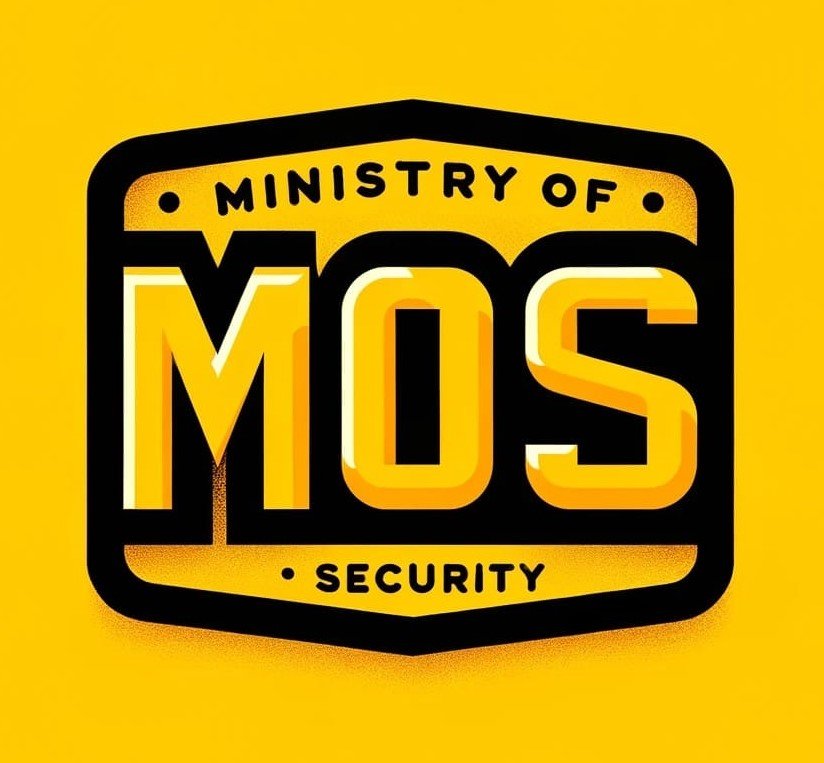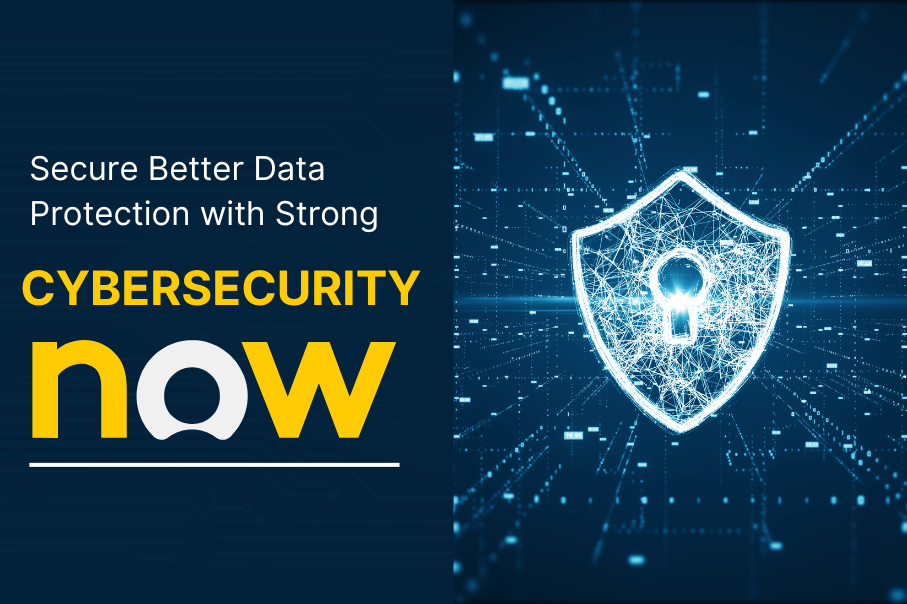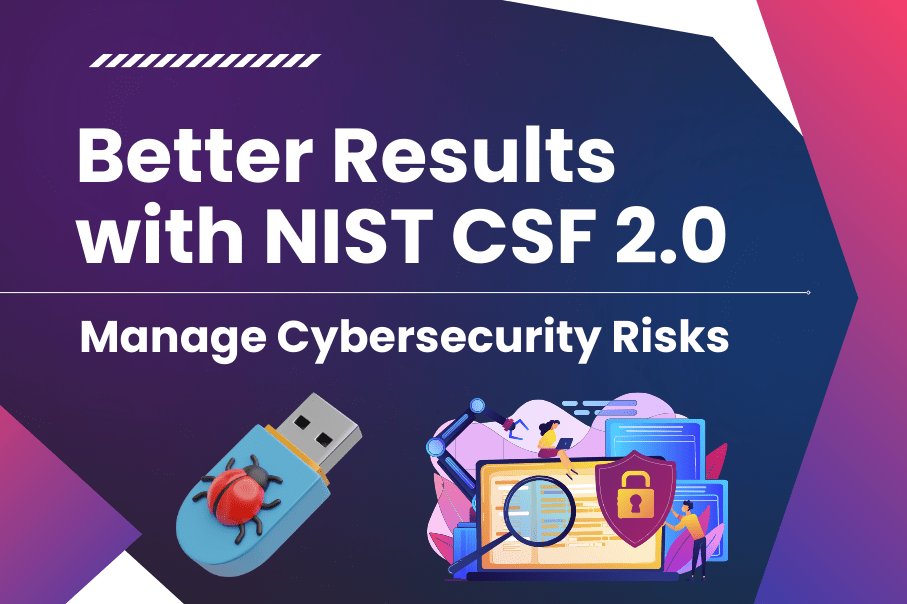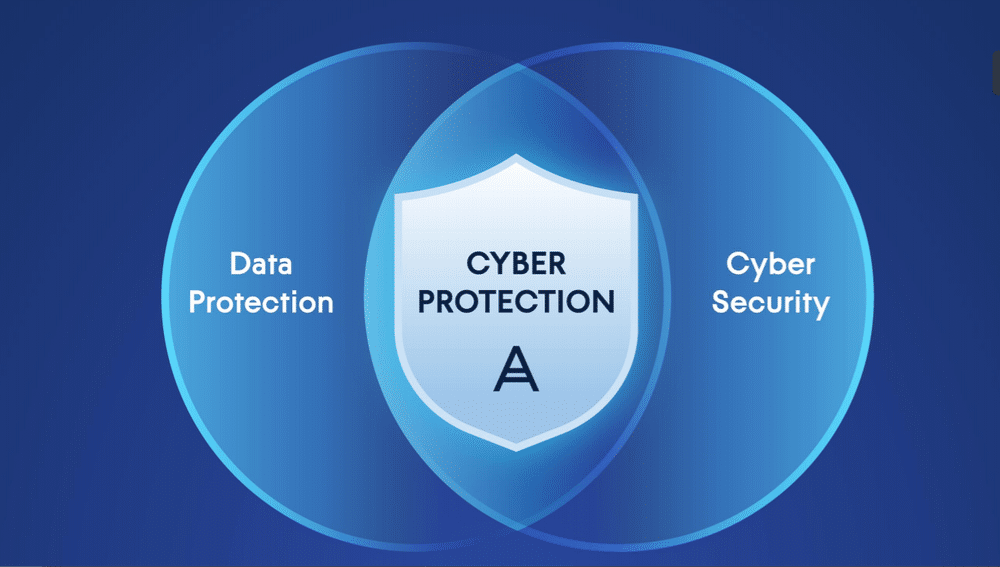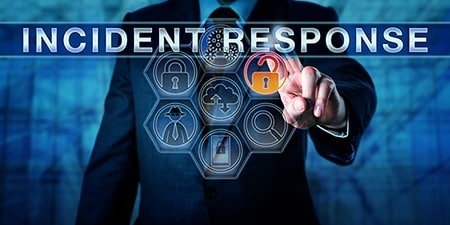In an increasingly interconnected world, supply chains have become more complex and vulnerable to a wide range of security threats. From cyber attacks to data breaches, these risks can have significant consequences for businesses, customers, and the entire supply chain ecosystem. While many organizations focus on securing their own information systems, they often overlook the importance of supply chain security. This is where ISO 27001 comes into play, offering a robust framework for managing information security and protecting supply chains from unseen threats.
What is ISO 27001?
ISO 27001 is an international standard for information security management systems (ISMS). It provides a systematic approach to managing sensitive company information, ensuring its confidentiality, integrity, and availability. By implementing ISO 27001, organizations can identify potential security risks, establish controls to mitigate these risks, and continuously monitor and improve their security posture.
Real-World Implications of ISO 27001 in Supply Chain Security
1. Enhanced Risk Management
Supply chains are often targets for cybercriminals seeking to exploit vulnerabilities. ISO 27001 requires organizations to conduct thorough risk assessments, identifying potential threats and vulnerabilities within the supply chain. For example, in 2013, Target suffered a massive data breach that originated from a compromised third-party vendor. By adhering to ISO 27001 standards, Target could have identified and mitigated the risks associated with their supply chain, potentially preventing the breach.
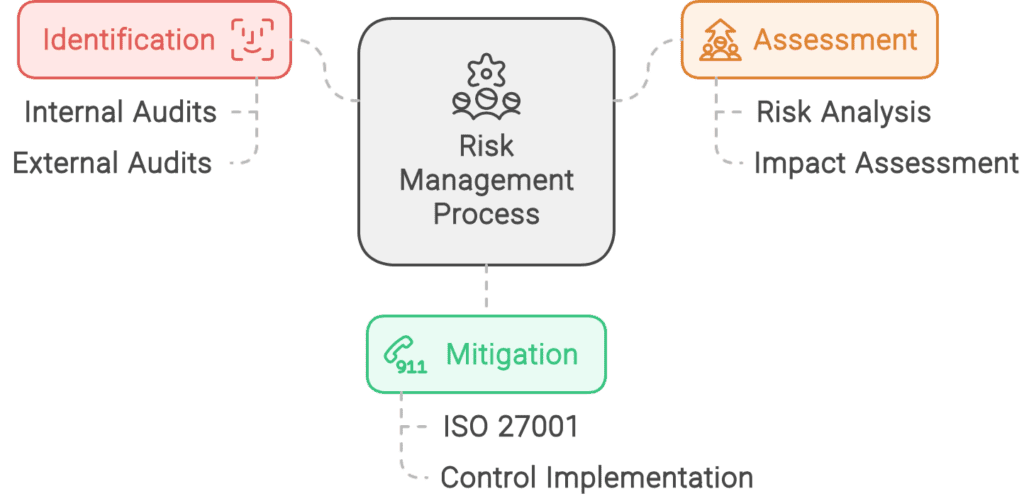
2. Improved Supplier Relationships

Trust is crucial in any supply chain relationship. ISO 27001 helps build and maintain trust by ensuring that suppliers adhere to stringent security practices. For instance, a manufacturing company that requires its suppliers to be ISO 27001 certified can be confident that their partners are committed to protecting sensitive information. This not only reduces the risk of data breaches but also strengthens business relationships.
3. Legal and Regulatory Compliance
Compliance with legal and regulatory requirements is a major concern for businesses worldwide. ISO 27001 provides a structured framework to help organizations meet these obligations. For example, the General Data Protection Regulation (GDPR) in Europe mandates strict data protection measures. By implementing ISO 27001, organizations can demonstrate their commitment to data security, therefore, reducing the risk of legal penalties and reputational damage.

4. Competitive Advantage
In today’s competitive market, demonstrating a commitment to security can be a significant differentiator. Organizations that achieve ISO 27001 certification in bangalore signal to customers and partners that they take information security seriously. This can be particularly advantageous in industries such as finance, healthcare, and technology, where data protection is paramount. For example, a tech company with ISO 27001 certification is more likely to attract clients who prioritize security in their service providers.

5. Resilience Against Cyber Threats

Cyber threats are constantly evolving, and organizations must be prepared to defend against them. ISO 27001 promotes a culture of continuous improvement, encouraging businesses to regularly review and update their security measures. This proactive approach helps organizations stay ahead of emerging threats and ensures that their supply chains remain secure. In 2020, the SolarWinds cyber attack demonstrated the devastating impact of supply chain vulnerabilities. Organizations with robust ISO 27001 frameworks are better equipped to respond to such incidents and minimize damage.
6. Streamlined Incident Response

When a security incident occurs, a timely and effective response is critical. ISO 27001 provides guidelines for establishing an incident response plan, ensuring that organizations can quickly detect, respond to, and recover from security incidents. For example, a logistics company with an ISO 27001-certified ISMS can quickly identify a data breach, contain the threat, and restore normal operations with minimal disruption.
7. Cost Savings
While implementing ISO 27001 requires an initial investment, the long-term cost savings can be substantial. By proactively managing security risks and preventing incidents, organizations can avoid the financial losses associated with data breaches, regulatory fines, and reputational damage. For instance, the 2017 Equifax data breach resulted in over $1.4 billion in costs related to legal settlements, regulatory fines, and security improvements. Organizations that adhere to ISO 27001 standards can mitigate such risks and reduce the likelihood of costly security incidents.

Conclusion
The advantages of ISO 27001 certification for supply chain security extend far beyond mere compliance. By adopting this international standard, organizations can enhance their risk management practices, build stronger supplier relationships, ensure legal and regulatory compliance, gain a competitive edge, and improve their resilience against cyber threats. In a world where supply chain vulnerabilities can have far-reaching consequences, ISO 27001 provides a robust framework for securing sensitive information and safeguarding the integrity of the entire supply chain. As businesses continue to navigate an ever-changing threat landscape, the unseen advantages of ISO 27001 will become increasingly vital for maintaining security and trust in the supply chain ecosystem.
